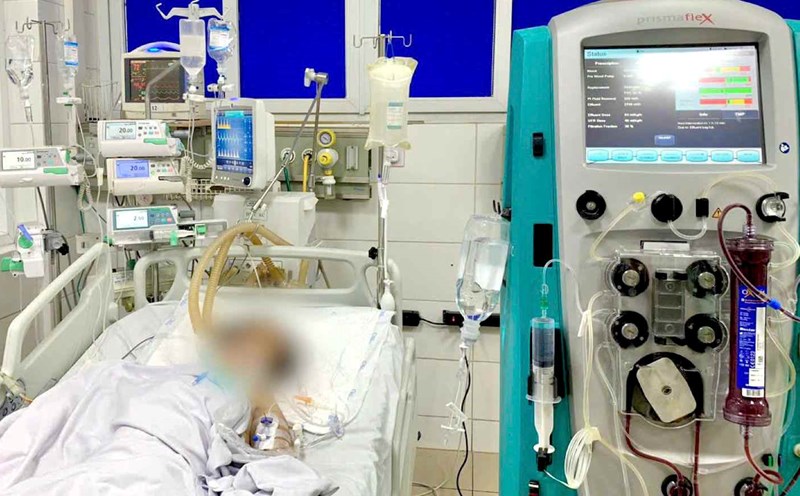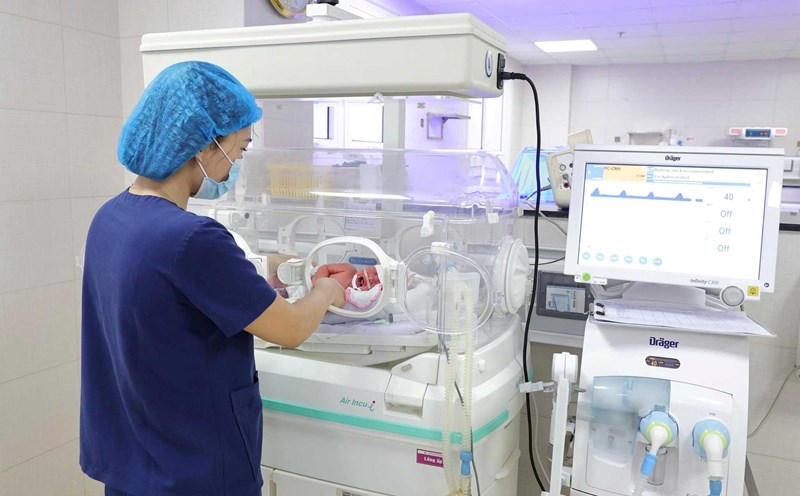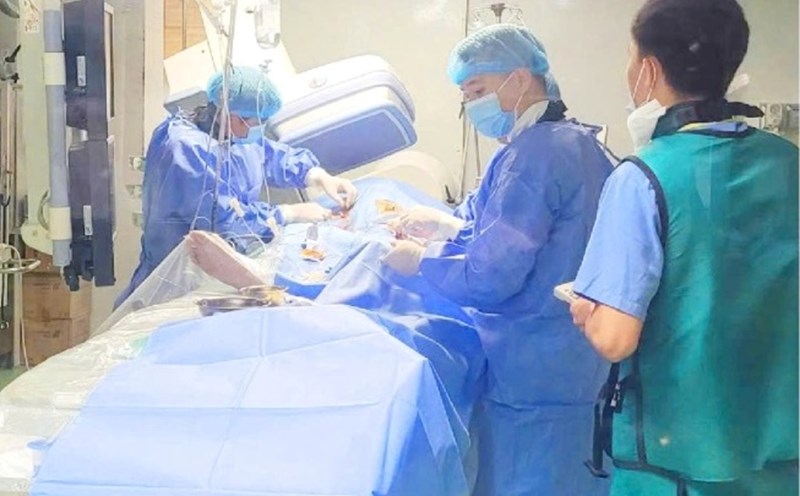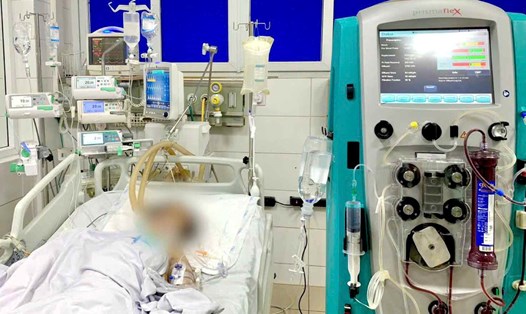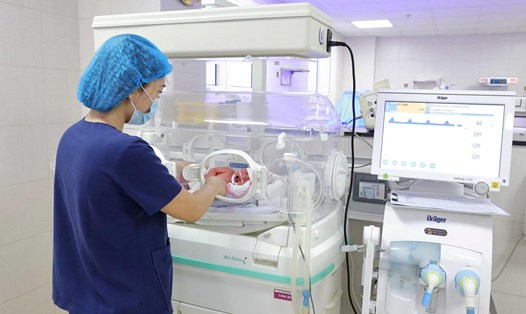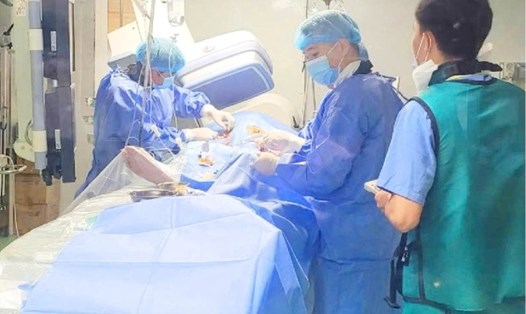The patient was admitted to the hospital in a state of septic shock and multiple organ failure after two days of self-treatment at home. The results of the cat ngang ngan and endoscopy showed that almost the entire esophageal and stomach wall was inflamed, edema, and had a foul-smelling, duodenal lining, constipation and duodenal appointment. The blood culture detected Streptococcus constellatus - a type of bacteria that is endemic to the digestive tract but rarely causes serious illness.
The patient was actively resuscitated by mechanical ventilation, continuous blood filtration, antibiotics, and nutrition completely through the veins. Due to widespread necrosis damage with the risk of intestinal perforation and spreading infection, doctors had to consult many times between resuscitation and digestion specialties to develop optimal pathology. After two weeks, the condition of multiple organ failure was controlled, the patient gradually recovered and was discharged after nearly two months of treatment, and could eat normally.
MSc. Dr. Nguyen Sy Thuat - Department of Infectious Resuscitation (A4-D) - Institute of Clinical Medicine for Infectious Diseases, 108 Central Military Hospital said that this is one of the very few cases of gastric and esophageal necrotizing inflammation that have ever been recorded in the world. The mortality rate of the disease is up to 50%, especially when detected and treated late. Risk factors include diabetes, kidney failure, malnutrition or damage to the digestive lining caused by alcohol, painkillers, and abdominal surgery.
Diagnosis is mainly based on computer-based cat ngang hinh, treatment with intensive resuscitation, timely antibiotics and close monitoring of complications. Surgery is only indicated when there is a perforation of the digestive tract - a very serious prognosis case.

